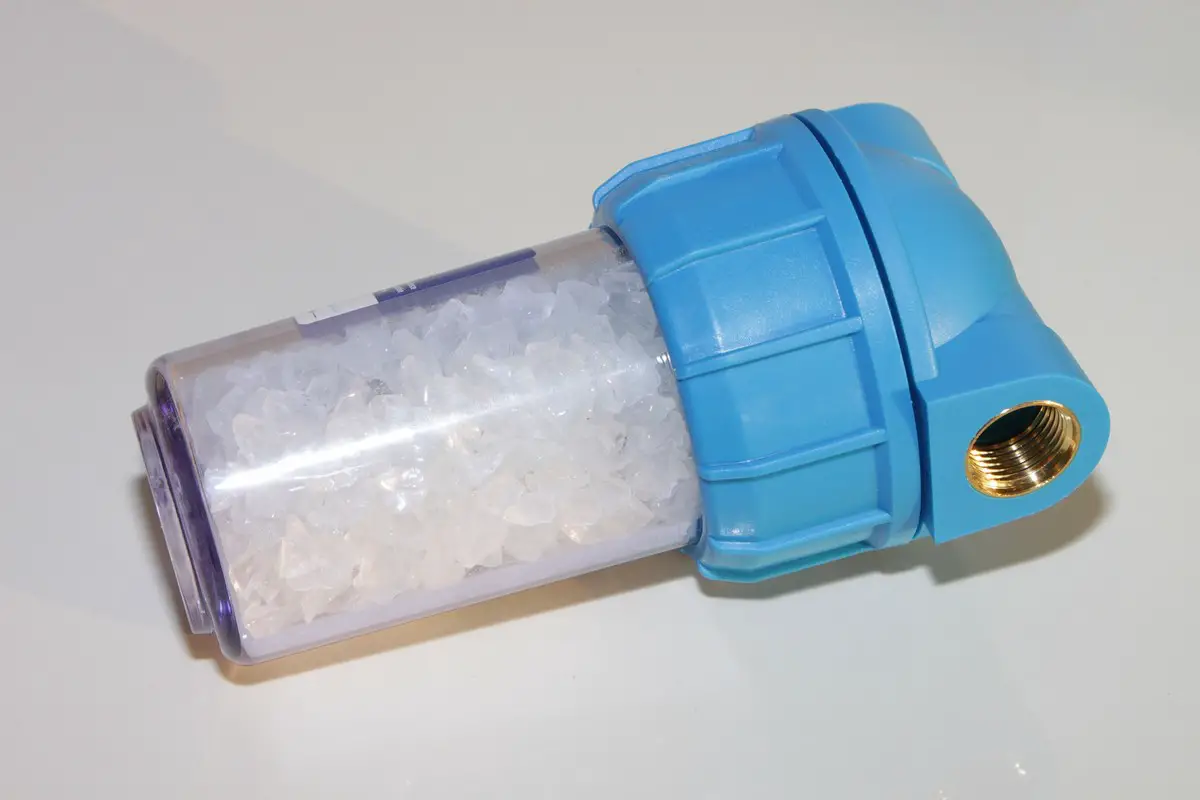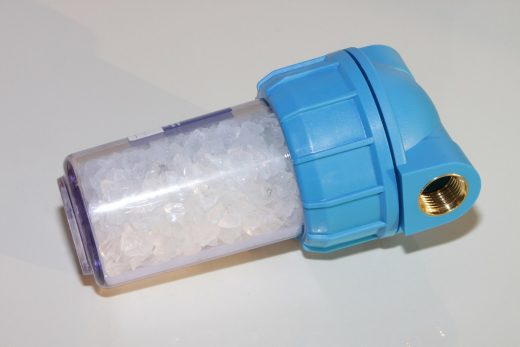Best Water Softener Important Facts to Know, Building Design Tips, Online Advice
Best Water Softener – Important Facts to Know
8 Apr 2021
The US National Institutes for Water Resources (NIWR) defines hard water as any water with a high content of dissolved minerals such as calcium and magnesium. Although hard water won’t pose any risk to your health, it can be a nuisance during cleaning as the minerals can combine with detergents to form scum, leading to clogged drains.
To give you an idea, more than 80% of homes in the US have hard water, as reported by the Water Quality Association (WQA). This means that if you use municipal water, there’s a good chance you need a water softener to remove the minerals from water to ease cleaning and prevent the formation of limescale deposits in your plumbing system according to QualityWaterLab. Here are some of the most important facts to know about water softeners.
Signs of Hard Water
Usually, hard water feels somewhat sticky and often leaves white or gray residues on the surface. Other indications of hard water include, among others:
• Limescale on water heaters and boilers
• Formation of soap scum in the bathroom
• Cloudy looking water
• Clogged pipes
• Soap doesn’t lather easily
Hard water can shorten the lifespan of appliances that use hot water due to the limescale that builds up on the inner surfaces of the appliances, lowering the efficiency and sometimes, causing a total breakdown. The cost to replace a water filtration system is 385.00 – 700.00 without labor.
Types of Water Softeners
A water softener is an appliance used to remove minerals from hard water. In particular, the types of water softeners include:
• Salt-free water softener — This type softens hard water by altering the chemical state of the minerals using potassium chloride to prevent the formation of scale on plumbing fixtures. Particularly, choose this type of softener if you don’t want the salty taste in your softened water.
• Salt-based water softener — Here, sodium ions displace magnesium and calcium ions on the resin beads, leaving soft water that flows into the home for use. After some time, salty water from the brine tank flushes the magnesium and calcium ions down the drain. The downside of this softener is that it leaves the water with a salty taste.
• Magnetic water softener — This method temporarily softens water by passing it through a strong magnetic field, which either removes or alters the state of the minerals.
How to Buy the Best Water Softener
Out of the 85% of the US households with hard water, only about 25% of them have water softeners, as reported by the U.S. Bureau of Reclamation. This shows just how low the rate of water softeners usage in the US is, and why the remaining households should strive to acquire them. Keeping this in mind, when buying a water softener, consider important factors such as:
• Amount Resin beads — Essentially, the quantity of resin should be between 0.64 and 2.00 cubic feet depending on the size of the tank. This, in turn, determines the service flow rate (SFR) of the water softener, which is the amount of water softened per unit time. Take note that too much resin can obstruct water flow in the tank while too little resin won’t soften hard water effectively.
• Efficiency — Typically, an efficient water softener removes between 3,350 and 5,000 grains of minerals per pound of salt and less than 5 gallons of water per 1000 grains removed, as reported by the American National Standards Institute (ANSI). With this in mind, make sure you buy a water softener that meets the right efficiency criteria.
• Quality Certification — As a mark of quality, the product you choose should have a quality certificate and a gold seal from the National Sanitation Foundation (NSF) and the Water Quality Association (WQA), respectively.
• Size — According to the U.S. Environmental Protection Agency (EPA), an average American household uses about 300 gallons of water per day, 70% of which is used indoors. This amount can vary depending on the number of people and the demand for water in your home. Keeping this in mind, ensure you purchase a product of the right size to accommodate your soft water needs.
• Cost — An average product costs about $1500, including installation costs, as published on the HomeAdvisor website. However, the cost can vary depending on many factors, including, among others, specifications and quality.
Best Water Softener Pros and Cons
In general, these products have benefits and a few downsides, including, among others:
Pros
• Helps protect appliances such as washing machines from scum deposits
• Eases cleaning of dishes and fixtures to keep limescale at bay
• Lowers the boiling point of water to save time and energy
• Increases the efficiency of detergents
• Enhances water heater durability by keeping limescale away
Cons
• Installation and maintenance costs of the product
• Increased bills for the salt
• Salt-based softened water is not recommended for drinking as it may contain excess salts that can potentially cause diabetes and heart diseases.
Best water softener guide: Conclusion
These are some of the considerations to keep in mind when looking for the best water softener. So far, salt-based water softeners are the best and most used softeners in the market because they use the ion exchange principle, although they give salty water. Nevertheless, feel free to choose the best product that caters to your needs effectively.
Comments on this Best Water Softener – Important Facts to Know advice article are welcome.
Water Softener Systems Posts
Average Water Softener Systems Tips
Effects Of Hard Water On A Home
Install a whole-house water filter on a well
Why is water treatment important?
Building Articles
Residential Architecture
Luminary Apartments, Hawthorn, Melbourne, Victoria
Design: Plus Architecture

image : Tom Roe
Luminary Apartment Building in Hawthorn
Comments / photos for the Best water softener help guide page welcome






